Saint Louis University UndocuWeek: Bridging the Gap & Community Empowerment
BY JOANNA WILLIAMS & GRACE KANARY | November 11, 2020
Editor’s note: This story was written in March 2020, as much of the world was closing down as the gravity of the COVID-19 pandemic was becoming evident. The program—Saint Louis University’s 2020 Undocuweek—took place in February 2020, thus the images of maskless and non-distanced attendees.
We are sharing this story now, because at ISN, we know that the work of faith and justice, especially as it relates to community empowerment, is more important now than ever. We publish this piece in hopes that it will motivate you to think creatively about how you can plan programs in your community that lift up the stories of those impacted by injustice and to equip and empower those who seek justice. If you are interested in exploring what an UndocuWeek might look like in a pandemic reality on your campus or in your parish or community, please reach out to José Arnulfo Cabrera, ISN’s director of education and advocacy for migration by email here.
Community empowerment: two words, one massive concept that encompasses a boundless array of ideas. Community empowerment can look like access to resources and platforms that allow for organizing. Community empowerment can look like collective political action; unified voices of those who have built their own tools to stand against oppression. In its broadest sense, community empowerment can be any part of a process which is intentional, grounded in a community or group, and founded on respect, reflection, and collaboration. Its ultimate goal? A growth in the kinds of mobility and power so crucial in fighting for justice.
For this group of Saint Louis University students—Marissa Ornelas, Jibril Muhammad, Andrea Somoza, Grace Kanary, and Joanna Williams [pictured below]—community empowerment looks like UndocuWeek, a week of events designed to bring awareness to what it means to be undocumented in the United States and open up space for students and community members to speak, listen, share, learn, and challenge the narratives we so often hear about immigration. The week’s theme, “Bridging the Gap: Distributing the Tools for Community Empowerment,” focused on encouraging event attendees to go beyond hearing stories and doing service work and begin, as well as continue, thinking deeply and critically about the root causes of the issues they care about. The UndocuWeek team wanted those they engaged to be able to envision what it means for a community to be empowered and to think about what they are able to do to contribute to that empowerment.
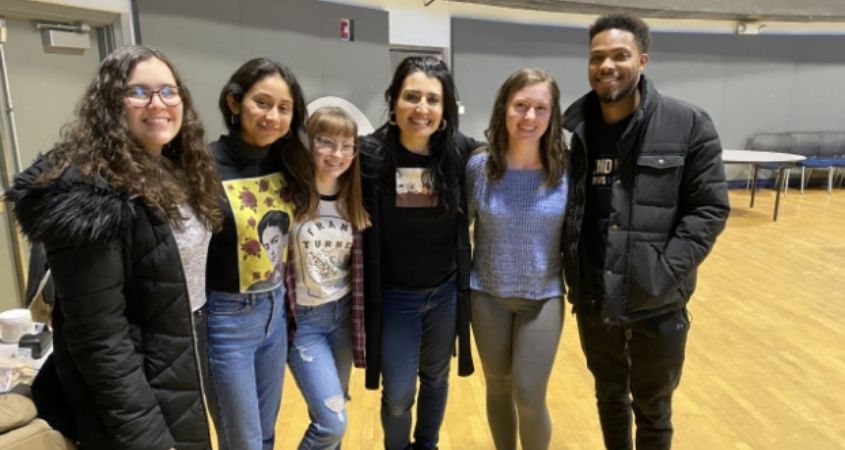
The UndocuWeek 2020 team with the week’s guest presenter. From left to right: Andrea Somoza, Marissa Ornelas, Joanna Williams, keynote speaker Carolina Rubio-MacWright, Grace Kanary, and Jibril Muhammad.
UndocuWeek at SLU began last year, in 2019, after a group of students, including Jibril Muhammad, attended the Ignatian Justice Summit in Cleveland with the Ignatian Solidarity Network and found themselves inspired to take action, along with Marissa Ornelas, who had considerable experience working with the immigrant community. Following the success of its first year, UndocuWeek planning, spearheaded by Marissa and Jibril, began again for 2020 with new core team members and the support of SLU’s Cross Cultural Center, Center for Service and Community Engagement, Campus Ministry, and funding through the Student Government Association.
On February 16, the week began with SLU’s Sunday evening mass. Fr. David Suwalsky gave a poignant homily calling the hundreds of students in attendance to think about migrants and refugees with a lens of human dignity and love, and to remember the context of the United States’ historical exclusion and unjust treatment of immigrants.
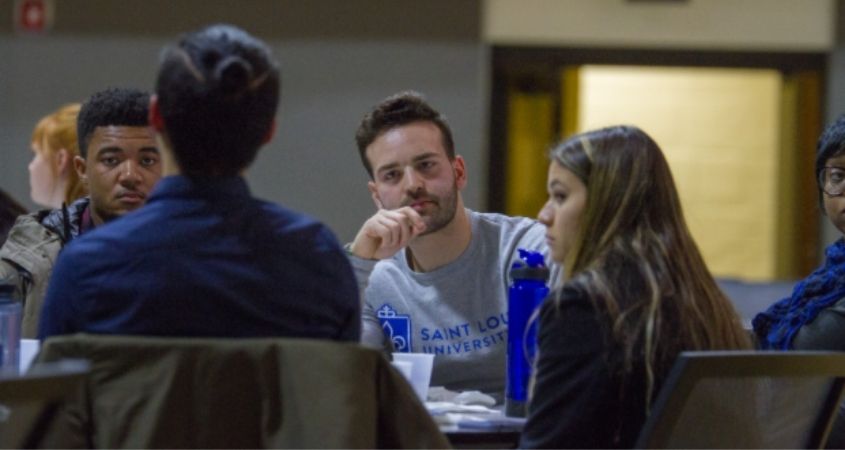
Participants having a conversation at “Chisme y Comida.”
Throughout the week, two events invited students and community members to take part in sharing food, stories, and experiences and learning from one another. The first, “Chisme y Comida” (or “Gossip and Food”), was hosted by the UndocuWeek team. Participants shared a meal and were prompted to discuss community empowerment in small groups. Many of these groups were filled with new faces and people with a variety of different experiences and ideas to, quite literally, “bring to the table.” They were asked questions such as, “[i]n your mind, what does an empowered community look like?” and, “[h]ow do value systems in the United States affect the empowerment of immigrant and refugee communities?” By the end of the night, people left having engaged in thoughtful, meaningful conversation and having shared food, laughs, and moments of genuine, vulnerable human connection with people they otherwise may never have met.
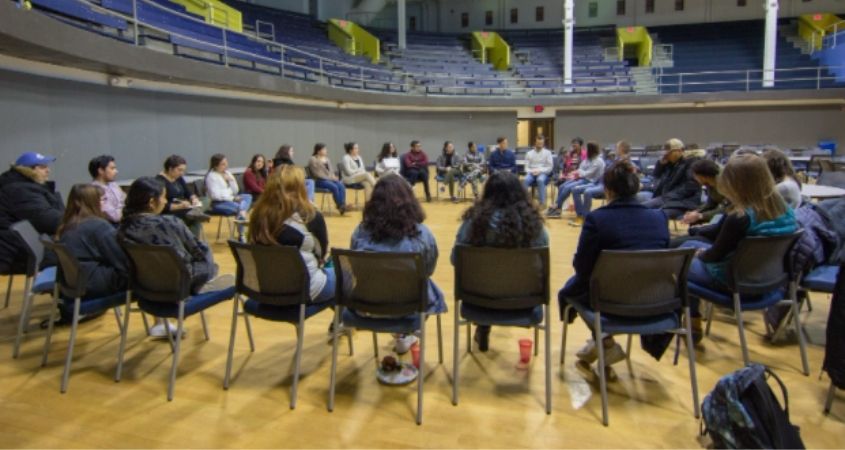
Students and other attendees speak, listen, and learn at “Barriga Llena, Corazón Contenta.”
The second discussion-based event, hosted by the Caribbean and Latin-American Student Association (CALSA), was called “Barriga Llena, Corazón Contenta,” a saying which means “full stomach, happy heart.” Again, participants shared food, but this time, they took part in a large group discussion which included special guest Sara John, executive director of the St. Louis Inter-Faith Committee on Latin America. A raw and powerful discussion about immigration, race, and justice took place that evening – some attendees bravely shared parts of their life and their feelings, some quietly listened and learned, some provided valuable insights, and some used the space to challenge and question matters of social justice at Saint Louis University. It is experiences like those had during “Chisme y Comida” and “Barriga Llena, Corazón Contenta” which facilitate the mutual understanding, learning, and human connection that are necessary for community empowerment.
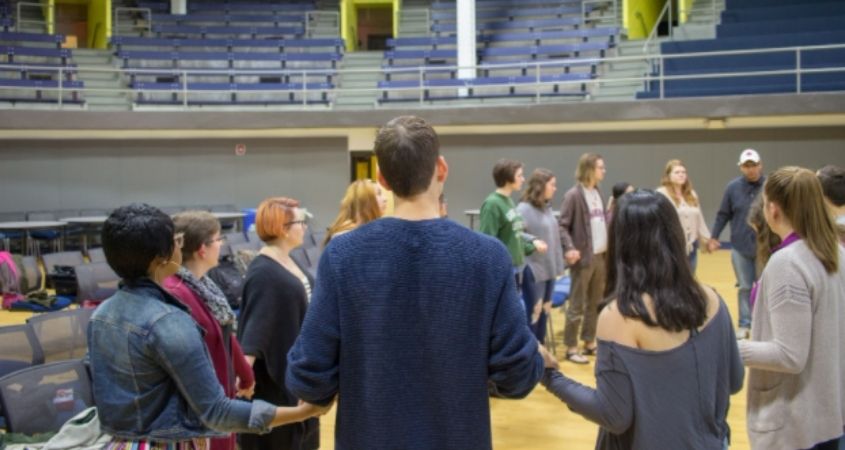
Participants hold hands and speak an affirmation of self-empowerment at the conclusion of Carolina Rubio-MacWright’s keynote speech.
At the end of the week, the UndocuWeek team had the privilege of working with and welcoming to SLU Carolina Rubio-MacWright, an artist, immigration lawyer, and activist who, through her organization Touching Land in New York, uses art (specifically, pottery), as a way to build community, empower immigrants, and educate people. On Thursday, February 20, she gave the UndocuWeek keynote address, and on Friday she led participants through a “know your rights” pottery workshop. Both events focused on not only community empowerment and building relationships, but also on individual empowerment, and they were a perfect conclusion to UndocuWeek 2020.
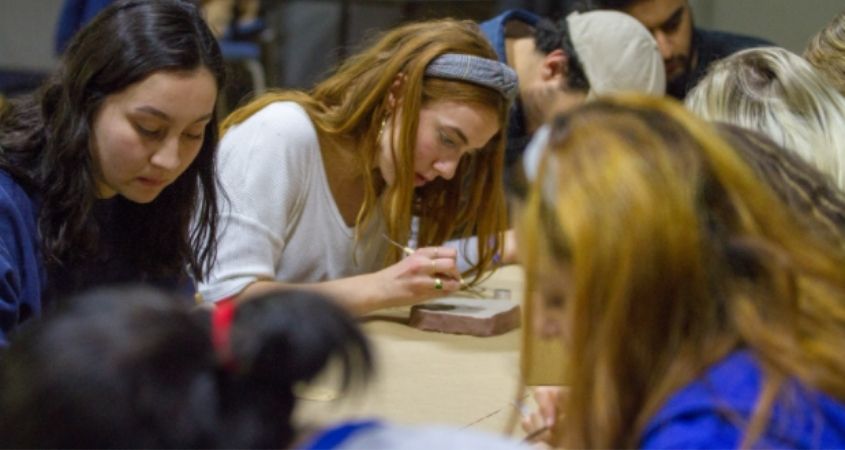
Students unleash their creativity through pottery during the interactive workshop.
In short, the second annual UndocuWeek at SLU succeeded in bringing together students and community members both in and outside of the university to share experience, look at immigration through a multidimensional lens, and most importantly, further their knowledge and understanding in order to better work for social justice and community empowerment.
Joanna Williams is a women’s and gender studies major with past experience studying Latin America, immigration, and policy. She spent her sophomore year as a joint intern for the SLU Center for Service and Community Engagement and the St. Louis Inter-Faith Committee on Latin America, a nonprofit that engages in accompaniment, organization, and advocacy work. Joanna participated in UndocuWeek events in 2019, and was thrilled to be a part of the UndocuWeek 2020 team and have the opportunity to work for immigration justice through education and conversation.

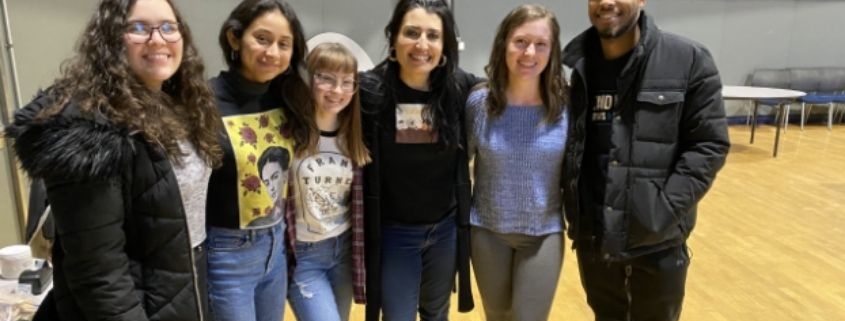
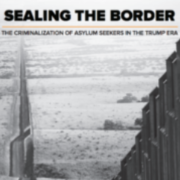
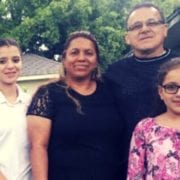
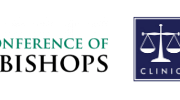
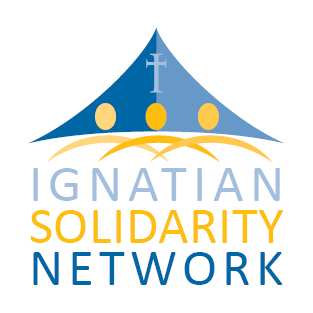
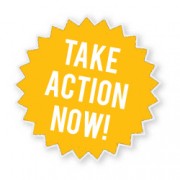
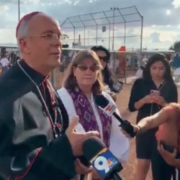

Empowerment leads to a healthy worldbuilding. Bridging the Gap: Distributing the Tools for Community Empowerment – is a fine initiative.